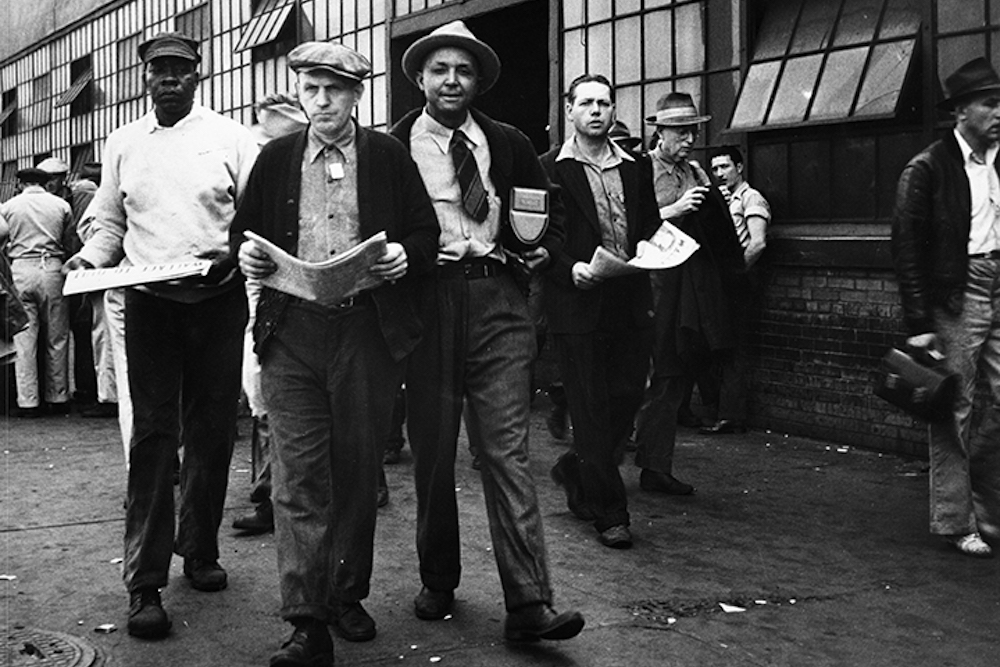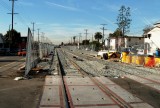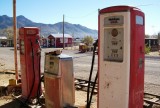The 1950s Were Not a Golden Age for Detroit’s Autoworkers
The Industry’s Booms and Busts Brought Instability That Kept Workers From Getting Ahead
In the popular as well as the political imagination, the 1950s were a golden age for American industrial workers, especially for the hundreds of thousands who toiled in Detroit’s auto factories. The story holds that lucrative contracts negotiated by the United Automobile Workers resulted in rising wages and improved benefits like pensions and health care. A blue-collar elite emerged: primarily white male, industrial wage earners who stepped up into America’s middle class and bought homes in the suburbs, eagerly purchased new cars, owned cabins “up north” in Michigan, and sent …










